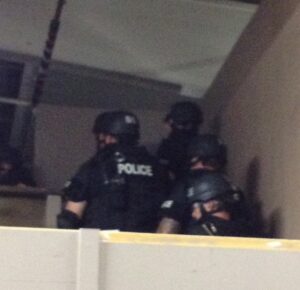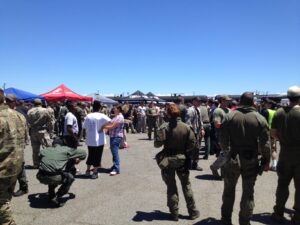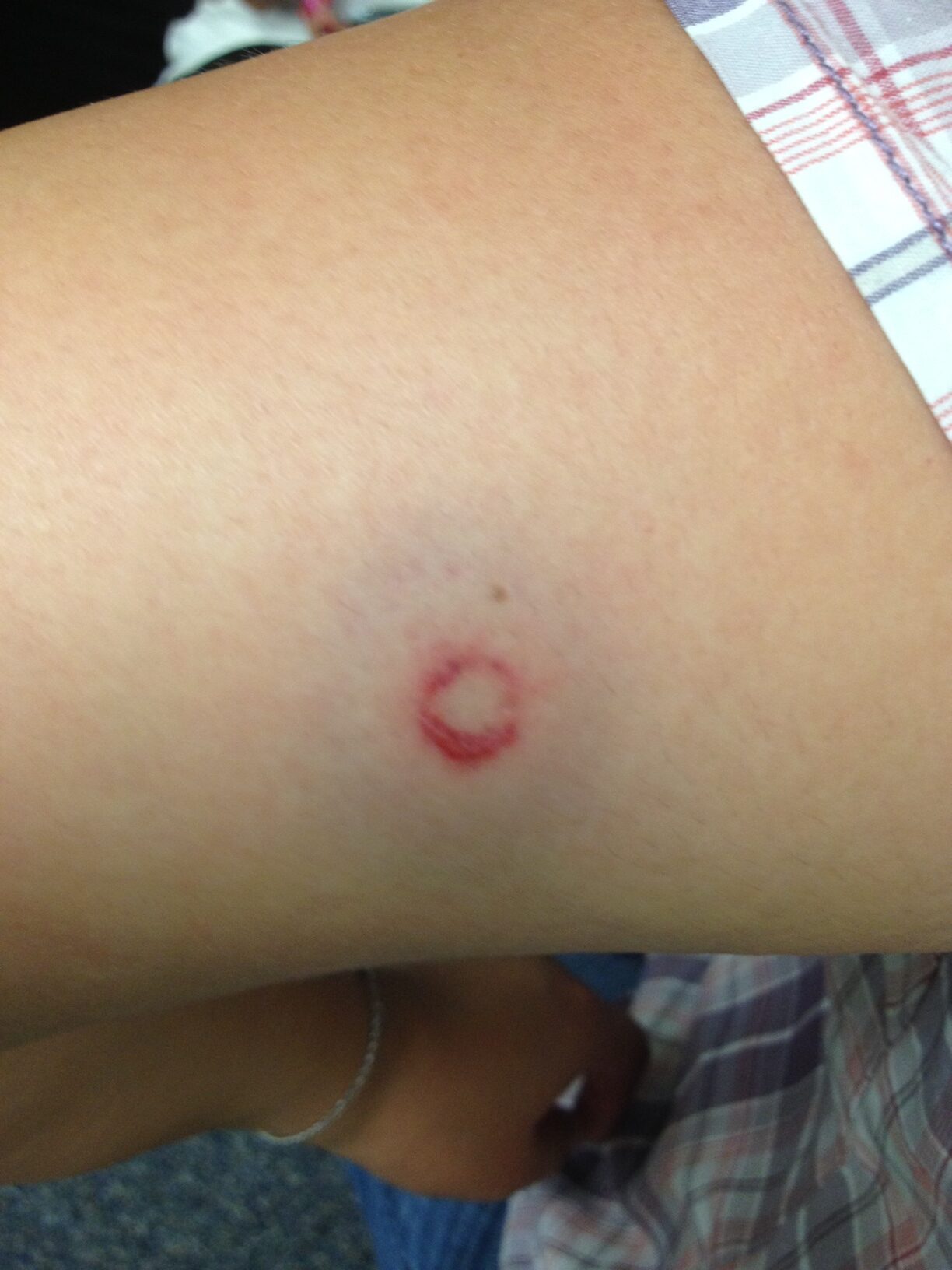I love my job.
I can work in my pajamas.
I can take a break in the middle of the day to go for a walk, or take the kids on a field trip, or go to a ball game.
I love writing, and my job is 90% writing. It doesn’t get much better than that …
Well, sometimes it does. Like the annual Regional SWAT Training put on by Sacramento FBI.
For me, research is important–maybe even an essential–part of my job. I want to get the details right, or at the minimum, the big picture story. But to be honest? I didn’t do much, if any, hands on research while writing my first six books. Most of the details came from my love affair with true crime books and television shows; from my avid reading background and talking to a few people in the know. It wasn’t until I was a New York Times bestselling author that I started taking research seriously … and I’m glad I did.
My research journey landed me in the FBI Citizens Academy in 2008 where I was lucky enough to meet a variety of law enforcement types in all areas of the business, from analysts to special agents to special agents in charge to the assistant US attorney for my region. I’m invited to quarterly briefings about contemporary topics in law enforcement — such as a presentation by the lead agent in charge of the Unabomber investigation. This case was particularly interesting because I worked in the California State Capitol at the time when Theodore Kaczynski killed a lobbyist up the street.
The Citizens Academy opened up many other doors for me, including two trips to Quantico which were invaluable in helping me write STALKED, which took place largely at the FBI Training Academy, and STOLEN. I met a new agent in Sacramento who helped me understand what it was like being an agent-in-training now … not ten or twenty years ago.
But my favorite … FAVORITE … research trips involve role playing with SWAT.
You’re probably not surprised, are you?
I’m often asked what I do at these training events. Role players are either bad guys, hostages, or injured victims (during the medical drills.) We are live bodies who are given a role in a variety of scenarios to help SWAT teams work together to develop the mental muscle necessary to deal with high-stress situations. The same team will go through a drill multiple times, often with variations so they never know exactly what they’ll encounter. Having people to play the parts make it more realistic, as they have to deal with us (who are, essentially, actors playing a role) and take down the bad guy.I’ve done so many of these, and they’re all a little different. They use simunition (paint bullets, essentially) which hurt, but aren’t deadly. Still, they can cause serious injury to some parts of the body, which is why we role players where protective head gear.
 Some of the drills involve hostage negotiation, some serving warrants, and some active shooter situations where the teams come in where there are wounded and others and have to separate the good from the bad, handle triage, and secure the scene. I’ve watched live ammo drills, which are intense and suspenseful as any movie. I’ve played the part of a non-ambulatory victim, a hostage, and one of my most fun roles — the wife of a wanted fugitive where in one drill, I let the FBI in to arrest my no-good husband, and the other drill where I became part of the “problem” — an unarmed but potential threat they had to deal with.
Some of the drills involve hostage negotiation, some serving warrants, and some active shooter situations where the teams come in where there are wounded and others and have to separate the good from the bad, handle triage, and secure the scene. I’ve watched live ammo drills, which are intense and suspenseful as any movie. I’ve played the part of a non-ambulatory victim, a hostage, and one of my most fun roles — the wife of a wanted fugitive where in one drill, I let the FBI in to arrest my no-good husband, and the other drill where I became part of the “problem” — an unarmed but potential threat they had to deal with.
I learned that handcuffs are NOT fun, and when SWAT really gets into the drills, they will cuff, search, and secure — and make sure I’m down on my needs or prone and not moving. Because they don’t always know what the drills are, and once a team was criticized for not “searching” one of us who had a hidden weapon (as part of the drill.)
I have a lot of respect for law enforcement, especially the guys in the trenches. My recent Ride-a-long with a Sacramento County Deputy Sheriff reminded me that they go into every situation not knowing what they’re going to face; few people are happy to see them; they have people swearing at them and flipping them off for no reason except that these people just don’t like cops. My deputy said once he went to a call and a five year old kid answered the door, looked up at him, and said, “I hate cops.”

After lunch, a few words from the head FBI training officer who runs the regional drills — and a fan of mine! (I just asked him not to tease me if I get anything totally wrong.)
For me, as a writer, the best part of the scenarios is not the actual drill — it’s what happens after the drill. When the team goes through what they did and why, step by step. I get to listen and absorb how these men (and a few women) process a scene, how they communicate and trust each other, what they’re thinking and why they do what they do. They learn from their mistakes (another important part of the drills) and because of the time they spend training, they are more effective on the street when we really need them. One of the drills we did this time involved an officer down situation — first man in shot and how the team handles their man down, the hostages in the building, and the shooter. It was probably the most intense drill of the day, but one where I learned the most … and don’t be surprised if I write about it someday.
I’ll be around all day to chat and answer questions about research and anything else! Remember, STOLEN is still out and about in bookstores near you (or on-line!) and if you’re going to Thrillerfest, please come up and find me! I’ll be there all week.
Thursday is my regular blog day, but since it’s the Fourth of July and I have family plans, there won’t be a new blog up … but I hope you all have a wonderful holiday!

